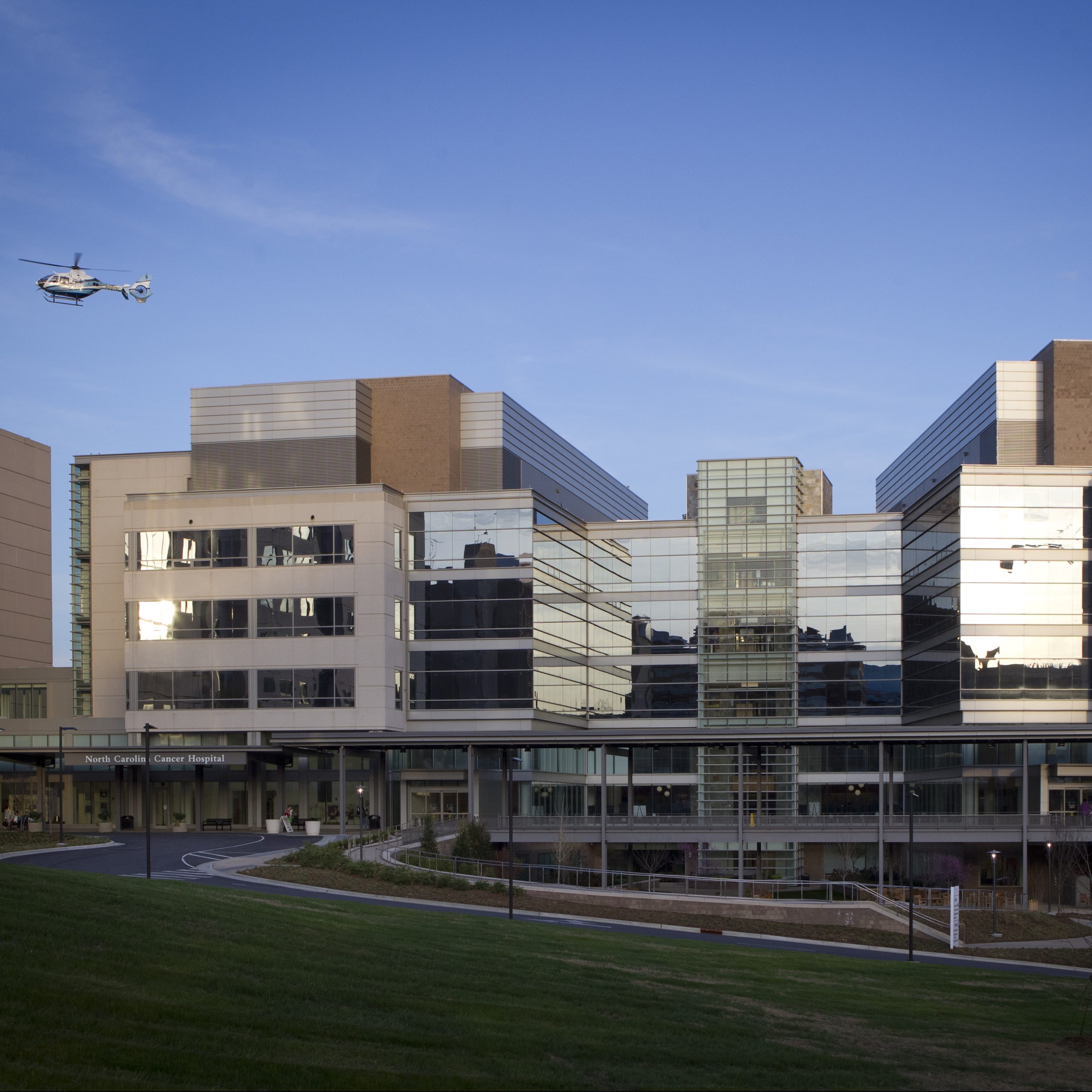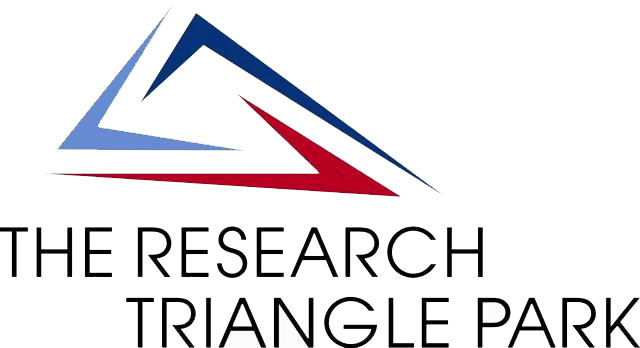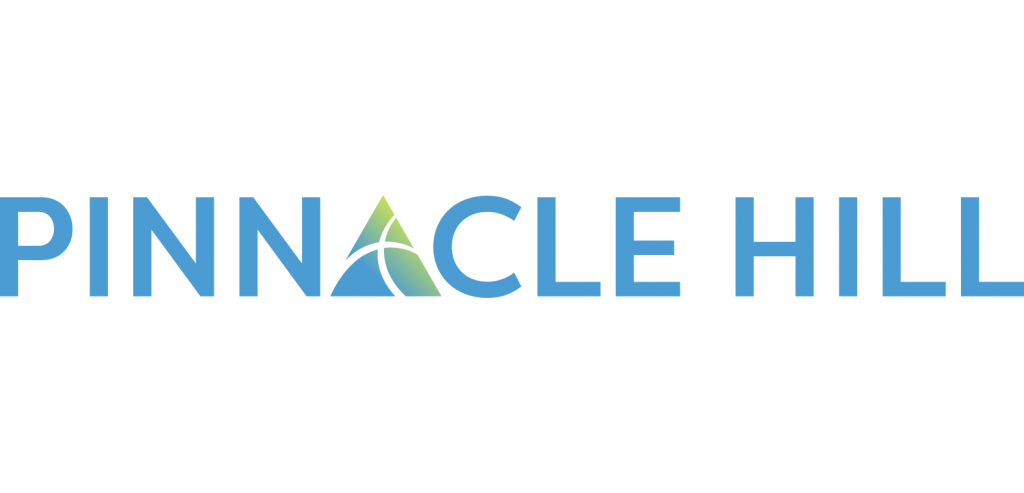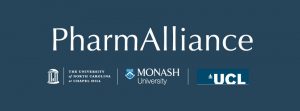Drug Delivery: Current Research
Delivering therapeutic agents for successful outcomes
Current research being conducted by faculty and students involves improving the efficacy and delivery of a broad range of therapeutic agents, from small molecules to biologics such as proteins, antibodies, oligonucleotides, genes, and cells.
Drug-delivery systems are tested in cell-based functional assays, animal disease models, or humans using pharmacokinetic and pharmacodynamic assessments and clinical outcomes. Due to the interdisciplinary nature of research, most projects are in collaboration with colleagues of relevant expertise.
Pharmacoengineering and Molecular Pharmaceutics represent interdisciplinary specialties within the pharmaceutical sciences and encompass a range of scientific endeavors, including:
- The design, engineering, fabrication, and evaluation of dosage forms and delivery strategies for conventional and biotechnology-based therapeutic agents.
- Elucidation of barriers to systemic and target-specific drug delivery.
- Determination of the ability of pharmacologic agents to reach the relevant site of biologic effect and their time course of biologic activity.
These areas represent critical steps in the development of new therapeutic agents, the evaluation of new and existing agents in a variety of settings (e.g., potential interactions with other agents or alterations secondary to physiologic changes associated with disease processes), and the optimal clinical use of pharmacologic agents.
Research Facilities

Marsico Hall
Marisco Hall is one of the largest buildings on the UNC Chapel Hill campus and houses basic and translational research across several disciplines. The building includes the Marsico Lung Institute, the Biomedical Research Imaging Center, and researchers from UNC Lineberger Comprehensive Cancer Center, nanomedicine, microbiology and immunology, and pharmacoengineering.
Pharmacy researchers with labs in Marsico Hall include members of the UNC Eshelman School of Pharmacy’s Division of Chemical Biology and Medicinal Chemistry, Division of Pharmacoengineering and Molecular Pharmaceutics, Center for Integrative Chemical Biology and Drug Discovery and the Center for Nanotechnology in Drug Delivery.
Research Centers
The Center for Nanotechnology in Drug Delivery, part of a campus-wide nanomedicine initiative at UNC, brings together scientists to create nano-scale pharmaceutical innovations for therapeutic and diagnostic purposes. The Center’s research focuses on safely and efficiently translating new therapeutic and imaging agents from bench to bedside with the goal of improving human health. CNDD serves to unify existing diverse technical and scientific expertise in biomedical and material science research at UNC through its world-class interdisciplinary drug delivery and nanomedicine program.The primary goal of the CNDD is to provide a foundation for synergistic research that translates into clinical benefits for diseases that currently have limited treatment options while simultaneously developing a critical and “visionary” area of science in which the state of North Carolina is a world leader.
Research Cores
Nanomedicines Characterization Core Facility
The NCore accelerates the translation of new molecular-entity discoveries into human clinical trials through comprehensive characterization of novel nanomedicines and nanomaterials. Its services are organized into three independent blocks: physicochemical assays, comprehensive physicochemical characterization studies, and bioassays characterization package services.
Collaboration and Partnership
We are partnering across the campus, state, nation and around the world to advance research and advance knowledge and treatment for patients to discover solutions for the world’s most challenging health issues.

UNC Health Sciences Campus
The School is part of the University of North Carolina at Chapel Hill, a major research university with a large teaching hospital and schools of medicine, public health, nursing, and dentistry.
- Ranked 5th nationally for federal research among all universities
- $1.1 billion in sponsored research from all sources annually
- Eleventh largest research university in research volume and annual expenditures

Eshelman Innovation
Eshelman Innovation is a health care innovation engine that bridges the inspiration of academia and the spirit of entrepreneurship to turn groundbreaking ideas into real products and services. They are here to catalyze ideas for the greater good. Since its creation in 2014, Eshelman Innovation has expanded well beyond the walls of the school of pharmacy at UNC-Chapel Hill. Eshelman Innovation works with faculty across the state and collaborators around the world. Their work brings together academic firepower alongside funders and donors to find creative solutions to major health care problems.

Research Triangle Park
UNC anchors one corner of North Carolina’s famed Research Triangle Park, which hosts an abundance of pharmaceutical, biotech, and health-care companies. This environment offers many opportunities for collaboration in research, education, and patient care with partners in academia, industry, and health care.

Pinnacle Hill
The University of North Carolina at Chapel Hill and Deerfield Management have entered into a partnership to create Pinnacle Hill, a company seeking to discover new medicines to address the significant unmet medical needs of our times. Deerfield will invest up to $65 million of targeted funding through Pinnacle Hill, as well as providing significant drug development expertise to advance promising therapeutic research at UNC-Chapel Hill. Learn more here.

PharmAlliance
PharmAlliance is a unique international partnership between three global leaders in pharmacy education, the University of North Carolina at Chapel Hill, Monash University, and University College London. PharmAlliance partners work collaboratively to inspire and train tomorrow’s professional leaders and practitioners to transform education delivery and address major research challenges in pharmacy and the pharmaceutical sciences.

Structural Genomics Consortium
The SGC (Structural Genomics Consortium) is a not-for-profit, public-private partnership that performs basic science of relevance to drug discovery. Research is conducted at several sites around the world to produce reagents, proteins, antibodies, assays, and data that support exploration of the human genome. All material and intellectual output of the SGC is placed in the public domain for use without restriction. The first SGC laboratory to operate in the USA is located in the UNC Eshelman School of Pharmacy. Learn more here.


